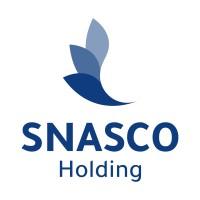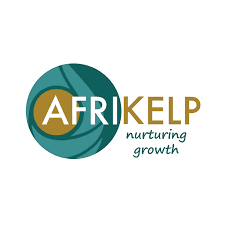Immunotherapy Increasing Dead Cell Clean Up Limits Post-Stroke Neurological Deficits

A clot in a blood vessel in the brain can cause an ischemic stroke. Ischemic stroke remains one of the leading causes of death despite advanced treatment options such as thrombolytic therapy which dissolves blood clots and intravascular catheter treatment which mechanically removes a clot.
During and immediately following an ischemic stroke, inflammation causes tissue injury in its attempt to repair tissues resulting in a loss of neural tissue and neurological deficits. How such neuroinflammatory responses accompanying an ischemic stroke are coordinated in time and space is unclear.
Chigusa Nakahashi-Oda, PhD, and colleagues at theUniversity of Tsukuba, Japan, showed that mice that have either low levels of a phosphatidylserine receptor called CD300a, or where CD300a is pharmacologically blocked, suffer limited neurological deficits after middle cerebral artery occlusion (MCAO)—a condition that recapitulates an ischemic stroke.
The study is reported in the article, “CD300a blockade enhances efferocytosis by infiltrating myeloid cells and ameliorates neuronal deficit after ischemic stroke,” published in the journal Science Immunology. The findings point to ways of suppressing stroke-related inflammation at its earliest stages, which often results in brain damage and permanent impairment.
Within a few hours after an artery in the brain is blocked—during the super-acute phase of ischemic stroke—dead brain cells display a lipid called phosphatidylserine that acts as an “eat me” signal for the phagocytic cells, such as monocytes and microglia, that engulf and dispose of these dead cells, in a process called efferocytosis.
Efferocytosis is an intricate balance of “find-me”, “eat-me,” and “don’t-eat-me” signals that quickly and efficiently remove membrane-bound apoptotic particles from the body before they can spill their contents of cytotoxic molecules and intracellular antigens into the circulation and cause havoc.
CD300a, abundantly expressed in blood cells in the brain, acts as a regulator of efferocytosis. It competes with its family member CD300b to bind phosphatidylserine, thus preventing the necessary signaling to trigger efferocytosis.
When levels of CD300a are low due to genetic manipulation or the receptor is inhibited by a neutralizing antibody, efferocytosis is increased by blood cells that infiltrate into the brain as early as one hour after blocking the middle cerebral artery, the authors reported. This increased efferocytosis reduces the release of molecules called DAMPs (damage-associated molecular patterns) from the apoptotic cells and particles, which in turn reduces inflammation in the region surrounding the blocked artery and accompanying neurological deficits after the stroke.
Business News
B2B Buyers Push Back on Traditional Sales as New Adience Research Signals Shift for 2026
TPT Strengthens Consolidation Offering with Planned Run-On DB Superfund
Taking Care of Your Employees: 5 Tips for Empowering Your Team
From Zero to Certified: The Journey Behind Every Home System Expert
When Expenses Get Creative: Survey Exposes Bizarre Claims




















